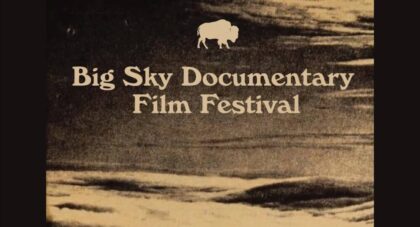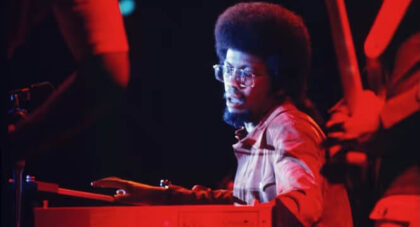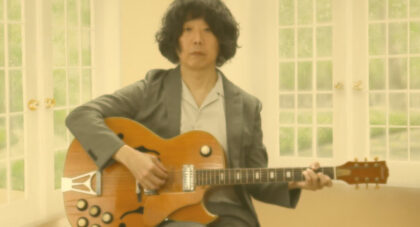It's been a minute, but with both Patterson Hood and Will Johnson having solo records out this week (Heat Lightning Rumbles in the Distance and Scorpion, respectively), it . . .
Only the good shit. Aquarium Drunkard is powered by its patrons. Keep the servers humming and help us continue doing it by pledging your support.
To continue reading, become a member or log in.


